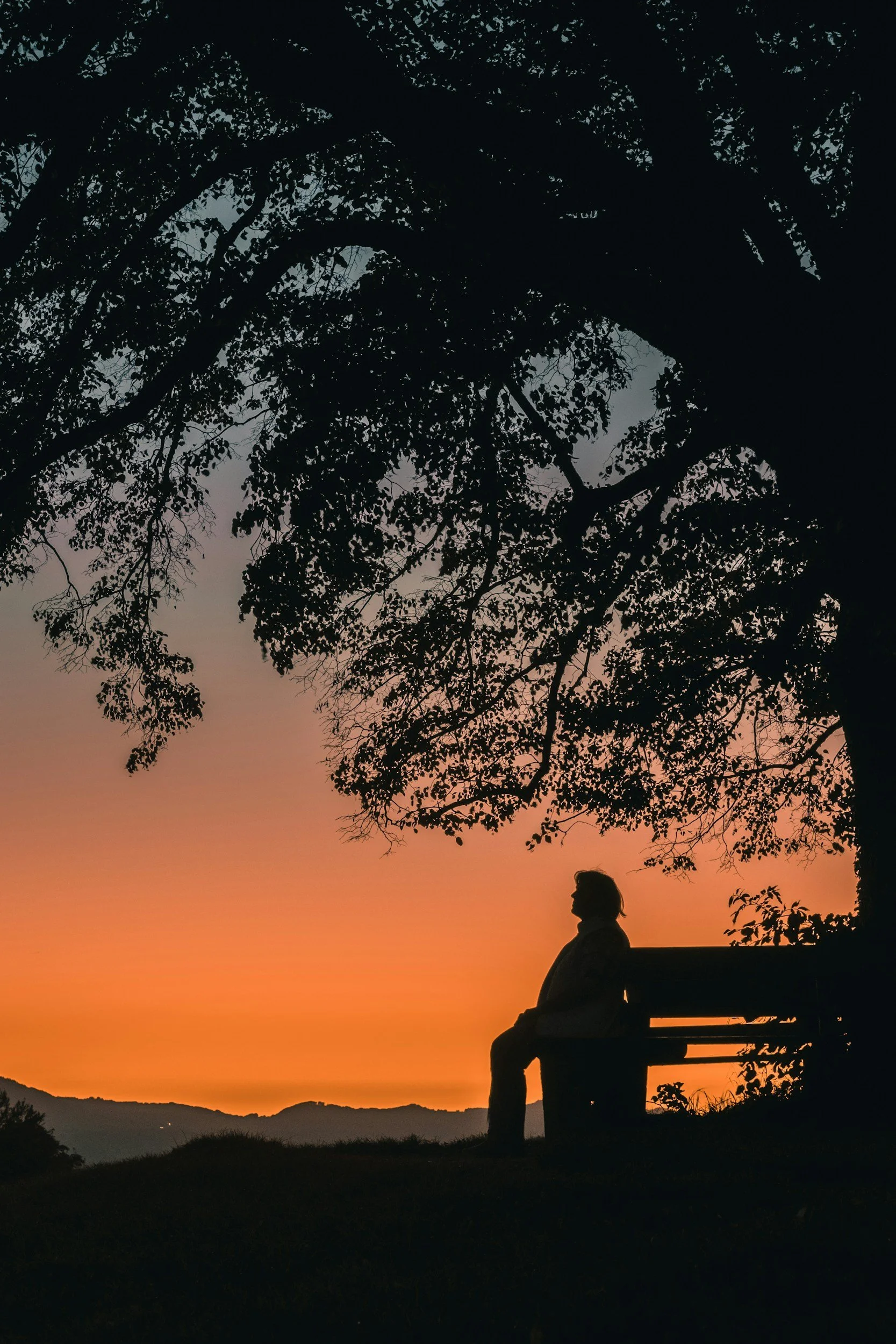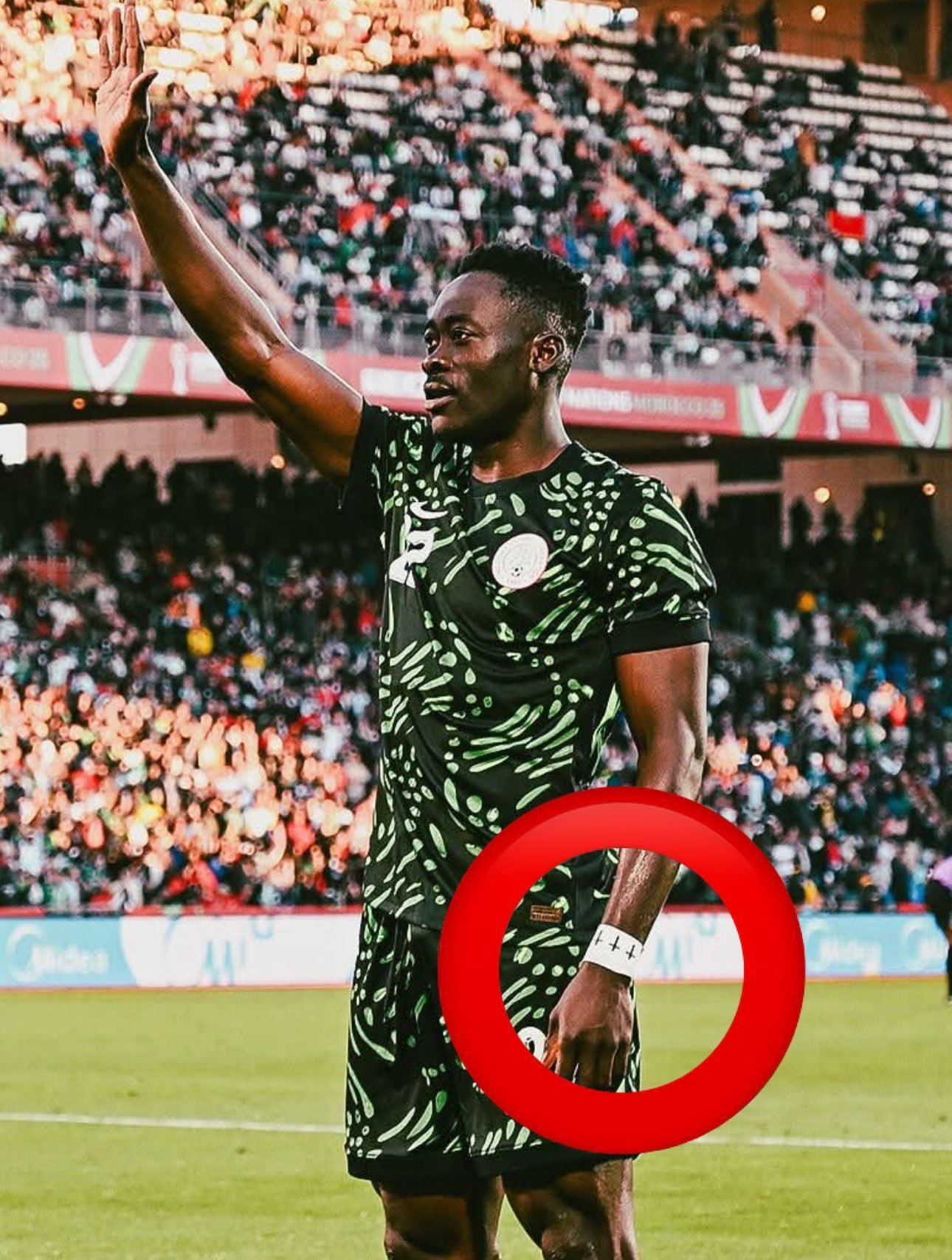"Courage doesn't always roar.
Sometimes courage is the little voice at the end of the day that says,
'…I'll try again tomorrow.'"
(Mary Anne Radmacher)
(“Raw Moment” by Lara Jackson)
Search the internet for an image to represent “Courage” and you will find many images like the title photo — a lion presented as the epitome of ‘courage’ & ‘being courageous.’
The lion is the apex predator of the African Savannah. Its size, teeth and claws make it an effective killing machine and it kills remorselessly.
This is not the face of courage.
The supporters of the former Voluntary Euthanasia Society — Dignity in Dying UK — often describe the people traveling to Dignitas in Switzerland to kill themselves as having “enormous courage” or that they are “very courageous.” It may take significant resolve and determination to kill oneself — but that is not ‘courage’ as most of us understand that quality.
COURAGE
Humanity has treasured courage as a virtue for millennia.
In ancient China the Tao Te Ching — a fundamental text for both philosophical and religious Taoism written about 400 B.C. — contends that courage is derived from love (慈故能勇) translated as: "From love one gains courage."
In ancient Greece courage was discussed by Aristotle in the context of a glorious death in battle for a noble cause. His book — Nicomachean Ethics — puts courage between the extremes of cowardice and recklessness. [Aristotle: 384 -322 B.C.]
In Hindu tradition, Courage (shauriya) and Bravery (dhairya) appear as part of dharma in the Hindu Manusmṛti.
Islam presents courage and self-control as a key factors in facing the Devil — both internally and externally. [ Courage - Wikipedia ]
Western society sees courage in the intentional risking or sacrifice of one’s own life for others.
Professor Daniel Putman came to a brief definition: "courage involves deliberate choice in the face of painful or fearful circumstances for the sake of a worthy goal."
A group of psychologists worked to define ‘Courage.’ They concluded that there are "four necessary components of people's notion of courage":
Intentionality / deliberation;
Personal fear;
Noble or good act;
Personal risk.
Using these components, they defined courage as: “a willful, intentional act, executed after mindful deliberation, involving objective substantial risk to the actor, primarily motivated to bring about a noble good or worthy end, despite, perhaps, the presence of the emotion of fear.”
CONCLUSION
It is human and understandable to sometimes fear the future or to despair over our lot in life, but killing oneself is not “courageous” because it avoids all challenge and risk. It is an escape.
Similarly, assisted suicide at Dignitas is not a ‘noble or good act’ leading to a ‘worthy end.’ Courage does not give up hope.
This sick child will take the chemotherapy again tomorrow — and the day after! That is vastly more courageous than any lion, or person going to Dignitas.
'…I'll try again tomorrow.'"
Kevin Hay
(You can follow Kevin on Twitter @kevinhay77)






Restore God’s Kingdom reflect on the latest terrible statistics emerging from the Open Doors Watch List.